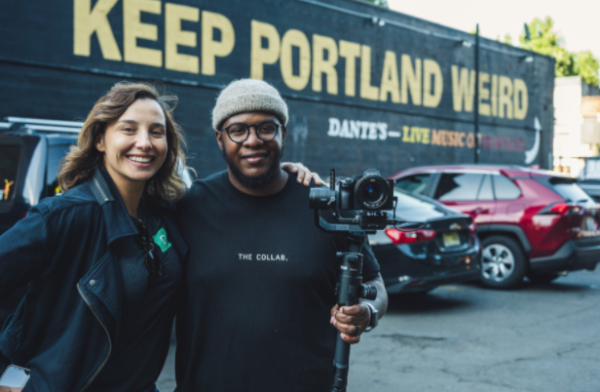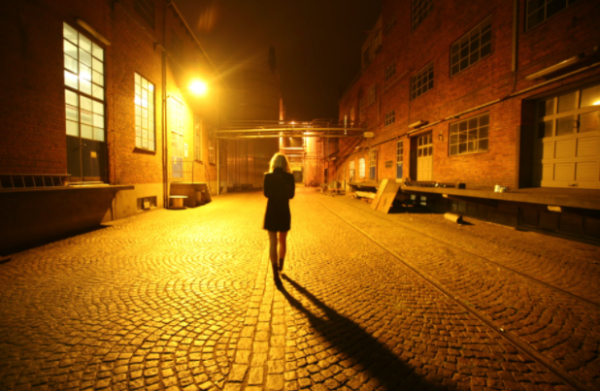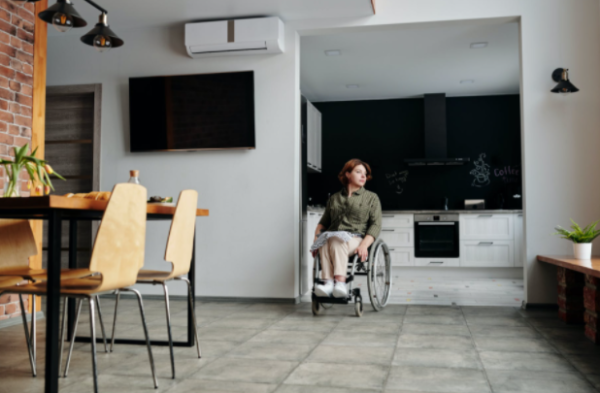
We often think of depression, anxiety, trauma, genetic factors and financial trouble in association with addiction – and these often play a part in the disease – but rarely do we talk about the elephant in the room: loneliness.
According to one study, people who self-report as lonely have double the risk for substance use disorder (SUD) as those who do not.
We see it in our lives and in our clinic at Shanti Recovery and Wellness: There’s a very strong correlation between loneliness and addiction.
Today, we’ll talk about how loneliness is related to addiction as both a cause and a symptom of the disease.
We’ll also look at some of the powerful strategies our patients use for combating loneliness in recovery.
Loneliness and Addiction are Both at Epidemic Levels Everywhere – Not Just in Portland

Before COVID-19, we were talking about another epidemic.
(No, not the opioid epidemic, although that is a major problem, too.)
The epidemic I’m referring to today is the loneliness epidemic.
In 2019, 79% of Gen Z, 71% of Millennials, 65% of Gen X, 50% of Boomers and 38% of the Silent/Greatest generation reported feeling lonely.
And this was before the pandemic put an even greater strain on our access to meaningful social interaction. We can assume that these numbers in 2021 are much, much worse.
Loneliness Can Easily Lead to Problems with Substance Use and Addiction

Put simply, being lonely feels bad.
Yes, solitude can feel wonderful, especially in short bursts.
But even the most introverted among us usually needs other people to help us process emotions, make meaning of situations, dream up creative solutions and express connection through physical touch.
Struggling with big, difficult emotions alone is hard. Too often, when we don’t have alternative coping strategies available to us, it’s tempting to self-medicate unpleasant or overwhelming feelings with substance abuse, like drugs or alcohol.
This is why loneliness can easily lead to problems with addiction.
Addiction Itself Can Also Cause Loneliness Through Self-Isolation

Far from a cure for loneliness, substance use disorder can actually create a negative feedback loop around loneliness in our lives.
The disease progression of addiction usually causes those suffering with SUD to self-isolate. People struggling with addiction do this for a number of reasons.
If you struggle with addiction, you may self-isolate because:
- You want to shield yourself from the pain and stigma of being “found out”
- You want to continue your use patterns without interference
- You want to avoid interpersonal “blow back” for your behavior
- You’re concerned about losing things that are important to you: your job, kids, family, etc
- You feel ashamed or embarrassed by your behavior
- You depression and/or anxiety, exacerbated by your substance use, makes interacting with others feel uncomfortable or difficult
- You feel that others will just let you down
- You feel that no one will understand your situation
- You’re not particularly interested in social gatherings that don’t center around your substance of choice
Unfortunately, whatever the reason one might elect to self-isolate, these patterns almost always make substance use disorder symptoms worse.
What You Can Do to Stop the Cycle of Addiction and Defeat Loneliness Once and For All (With Some Special Local Hints for Those in Portland!)

Pure and simple, the cure for loneliness is connection.
If you struggle with substance use disorder it is so, so important to build community with those who support your recovery journey.
Consider:
- Reconnecting with any non-using (or abstinence-friendly) friends or family who you trust to support your recovery
- Cutting ties with people who you use (or drink) with
- Finding a good counselor who understands addiction (we have great ones on-site!)
- Joining a support group for those in recovery (12-step, Refuge Recovery, SMART recovery, etc, etc, etc) and attending meetings regularly
- Finding (or getting back into) a hobby and joining a class, group or team that’s interested in your hobby. Think: sports, cars, lifting, wrestling, dance, art, language, gardening
- Joining or re-joining a church, temple, synagogue, etc
- Joining a cultural group or organization that relates to your heritage, history or identity (Asian-American, LGBTQ+, veteran, foster care alumni, etc.)
- Volunteer! Go to Hands on Portland for easy one-time and on-going local volunteer opportunities you can easily plug into, even during social distancing.
Also, check out our tips for how to date sober and how to have fun in Portland, OR sober.
Lonely and Struggling to find Addiction Treatment in Portland? We’re Here to Help
At Shanti Recovery and Wellness, we know getting started on the road to recovery can feel overwhelming, but we’re here to help. Give us a call to set up your intake appointment today.
